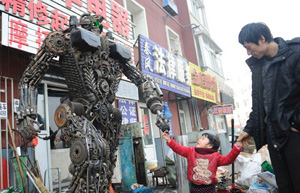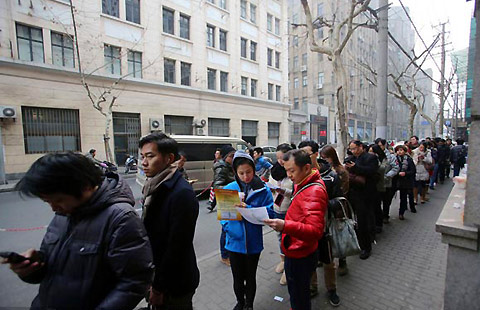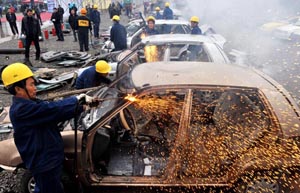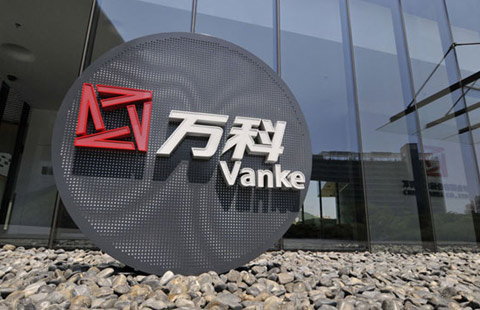7% or less, no nightmare for Chinese economy or the world
By Liu Lina and Shang Jun (Xinhua) Updated: 2015-02-06 15:56BEIJING - According to some international observers, the year 2015 will be a watershed for the Chinese economy featuring lower growth that the dynamic emerging economy has never seen in decades.
Adding to the concern, the People's Bank of China, the central bank, has recently cut the commercial banks' deposit reserve ratio, a move interpreted by some market analysts as another negative sign of the Chinese economy.
To the West, China's double-digit growth in the past three decades was unimaginable. However, when the speed lowered to middle-high level, the world seems not prepared.
For a long time, there has been a "Speed Complex" in China.
"China GDP expands at slowest pace in 24 years," "End of the Chinese boom" ... those negative words made global headlines when China announced last month that its GDP growth slowed to 7.4 percent in 2014.
There have been wide discussions about China's growth rate entering the so-called "era of six," i.e. in the range of 6 percent to 6.9 percent. Most recently, the International Monetary Fund (IMF) revised down China's growth rates to 6.8 percent and 6.3 percent for 2015 and 2016 respectfully.
Still, the IMF noted the positive signs of China's economy. Alfred Schipke, chief representative of the fund in Beijing, told media that the service sector has been playing a more important role in the Chinese economy, with domestic consumption increasing and the process of de-leveraging of housing and financial sector.
Many international media echoed this opinion. A recent article published by German Spiegel Online said, "Chinese economy slowing down is good!" It is the price that China should bear for its reform and is good to cutting down the environment cost, reducing the risk of housing bubble burst, and preventing the widening of the income gap, wrote the article.
Some economists had already noticed that the ongoing slowdown of the Chinese economy was partly a prudent choice of the policymakers.
A lower growth rate of 7 percent "is a wise choice" of China's government, Michael Spence, a Nobel Prize laureate, told Xinhua in March 2010, when the "Twelfth Five Year Plan" was under wide discussion in China.
The Chinese economy needs to "squeeze water," to keep "strategic calmness' and to adapt to the "New Normal," President Xi Jinping's comments on the country's economy have enjoyed popular support.
However, there are criticisms and worries about China.
"Borrowed too much, built too much," a recent op-ed on the Financial Times expressed serious concerns about the Chinese economy. They worry that housing, local government debt and financial risks may finally cause unemployment crisis, which is a key concern of the Chinese policymakers.
- Tencent, Alibaba mobile payment spat
- Shandong's signature food leaves global marks
- China takes 10% of global rail export market
- Apple narrows market share gap with Xiaomi
- China can help world with infrastructure experience and investment: economist
- Alibaba's Ant Financial to buy 25% of India's One97
- China's RRR cut not start of strong stimulus
- China, Maldives launch feasibility study on FTA

















